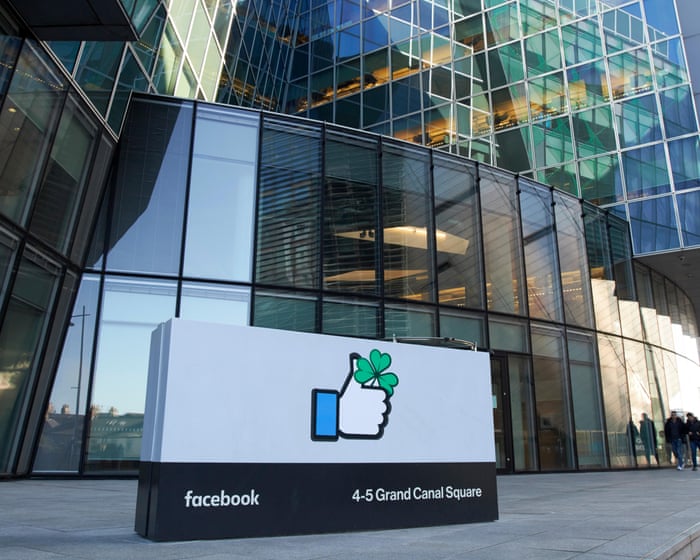The moment you think of Anthony Bourdain, a flood of TV memories comes rushing back. There he is—in shows like Parts Unknown and No Reservations—a fearless food lover journeying to hidden corners of the world, from backstreet eateries to favela hideouts, places most celebrity chefs would avoid. He explored Beirut and the Congo, savored calamari while admiring graffiti in Tripoli, and shared rice noodles and cold beers with Barack Obama in Hanoi. One meal led to another, nights stretched past midnight, and he was always deep in conversation with locals, hungry for their stories about drugs, dissent, and gritty local politics.
But Bourdain, who took his own life at just 61 in 2018, always considered himself a writer first. His mother was an editor at the New York Times, and his early idols were rebellious figures like Jack Kerouac, William Burroughs, Lester Bangs, and Hunter S. Thompson. He also admired Orwell, particularly his depiction of a dishwasher’s life in Down and Out in Paris and London. After dropping out of college, Bourdain joined a writing workshop led by the renowned editor Gordon Lish. His first bylines appeared in artsy downtown magazines, and he wrote two crime novels, Bone in the Throat and Gone Bamboo, which received decent reviews but didn’t sell well.
Everything changed in 2000 with the publication of his bestselling memoir, Kitchen Confidential. It portrayed New York’s restaurants as sweatshops, battlefields, and last resorts for society’s misfits. For Bourdain, they were sanctuaries. As a teen, he was drawn to radicals like Abbie Hoffman and Eldridge Cleaver, and he later struggled with heroin addiction, embraced punk bands like the Ramones and the Voidoids, and frequented dive bars. At a time when the city was being sanitized under Mayor Bloomberg, with mom-and-pop stores replaced by salad bars and frozen yogurt shops, his book was both a celebration and a lament for a rougher, more authentic New York.
By 2011, HarperCollins had given Bourdain his own publishing imprint. By 2016, The New Yorker described him as “not actually a star… a nebula.” Now, his agent, Kimberly Witherspoon, has compiled The Anthony Bourdain Reader, drawing from his best-known books as well as handwritten short stories, chapters from unfinished novels, a piece he called “Another Pointless Journalistic Play,” and ghost-themed comics featuring Japanese spirits that prey on flesh inside human anuses. There’s even a travel diary entry from 1973: “My stomach and intestines hurt. I have contributed more shit and more vomit to the Florence sewer system than I did at home in a year.”
This comprehensive collection won’t appeal to everyone. Bourdain’s fiction lacks the urgency and raw edge of his journalism. He once wrote, “Good food, good eating, is all about blood, organs, cruelty and decay,” and some of his most vivid passages describe eating braised bat (“imagine braised inner tube, sauced with engine coolant”), sampling a cobra’s still-beating heart (“like chewing on a rubber dog toy”), or watching farm workers stab a pig in the chest (“the screaming penetrated the fillings in my teeth, echoed through the valley”). It makes you wonder if this is the “food and travel porn” he once feared he was producing.
At his worst, Bourdain’s carnivorous pride and rants against vegans, PETA supporters, or anti-toxin activists come off as libertarian clichés, appealing to a certain macho crowd. Complaining about smoking bans in bars, he grumbled, “it’s only a matter of time before some well-intentioned health Nazi busts into your bedroom and yanks that post-intercourse cigarette right outta your hand.” On the other hand, his fierce criticism of Henry Kissinger might have earned applause from Christopher Hitchens: “While Henry continues to nibble nori rolls and mingle at A-list parties, Cambodia, the neutral nation he secretly and illegally bombed…””Despite being beaten down, invaded, and betrayed, it still struggles to stand on its one remaining leg.”
Some of the most touching moments occur when Bourdain writes with tender precision about his family: a trip with his brother to La Teste-de-Buch in France, where they vacationed among the sand dunes in their youth, and the sheer joy he finds in watching his five-year-old daughter nibble on Pecorino cheese and an anchovy. I believe Bourdain will be remembered not just as a food writer but as a chronicler of the food industry’s workforce. Wherever he goes—be it struggling bistros, mob-run eateries, or midtown nightclubs—he connects with the underpaid, hardworking staff who slice, sizzle, and sweat behind the scenes.
One such figure from a century ago was Mary Mallon, an Irish immigrant later vilified as Typhoid Mary. In his heartfelt defense of her, Bourdain reflects on the toll of aging as a cook: the back and knee pain, and perhaps the emotional weariness. “Where you once turned your head to cough, you no longer bother. Washing hands after using the restroom? Maybe… Unwashed hands, a stray cigarette ash, a roasted chicken dropped on a dirty floor and picked up quickly—we’ve all been there, you, me, and Mary.”
The Anthony Bourdain Reader by Anthony Bourdain, compiled by Kimberly Witherspoon, is published by Bloomsbury (£25). To support the Guardian, you can order your copy at guardianbookshop.com. Delivery charges may apply.
Frequently Asked Questions
Of course Here is a list of helpful and clear FAQs about The Anthony Bourdain Reader
General Beginner Questions
1 What exactly is The Anthony Bourdain Reader
Its a curated collection of the best writing from Anthony Bourdain pulling excerpts from his books articles and other works Its like a greatest hits volume for his writing
2 Ive only seen his TV shows Will I still enjoy this book
Absolutely The book shows you the foundation of his unique voice and worldview It reveals the sharp witty and insightful writer behind the charismatic TV host
3 Do I need to have read all of Bourdains other books first
Not at all This book is actually a perfect starting point It gives you a taste of his different works and you can then decide which of his full books youd like to read next
4 What kind of writing is included in the book
It includes a wide variety raw and gritty stories from his kitchen days in Kitchen Confidential travel adventures from books like A Cooks Tour sharp social commentary and even some of his journalism and fiction
Content Themes
5 What are the main themes covered in the Reader
The main themes are the reality of restaurant life the profound power of food and travel to connect people a deep curiosity about other cultures and Bourdains signature honesty about his own struggles and observations
6 Does the book include any of his TV scripts or show transcripts
No it focuses primarily on his written work for books and publications The value is in discovering the literary talent that made his TV shows so intelligent and compelling
7 Are there any previously unpublished works in this collection
The Reader is a compilation of previously published material expertly selected to showcase his range Its not a source for brandnew unpublished writing
8 Is the book just about food
While food is the central thread its about much more Its about life work travel culture and the human experience all seen through the lens of a chef and storyteller
For the Avid Fan Advanced Reader
9 As someone who has read all of Bourdains books what new value does this Reader offer
It offers a new perspective by organizing



